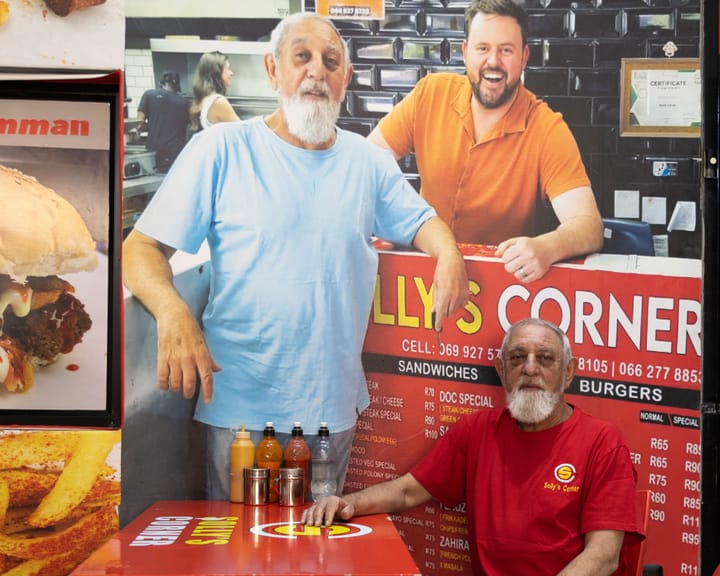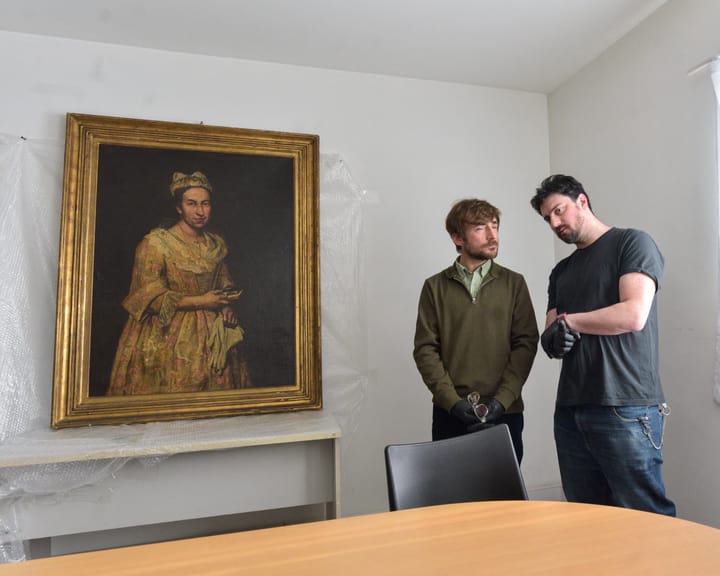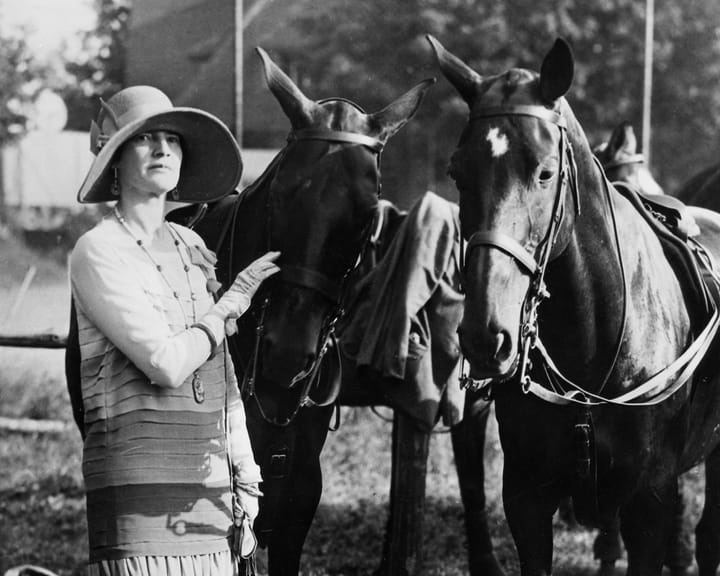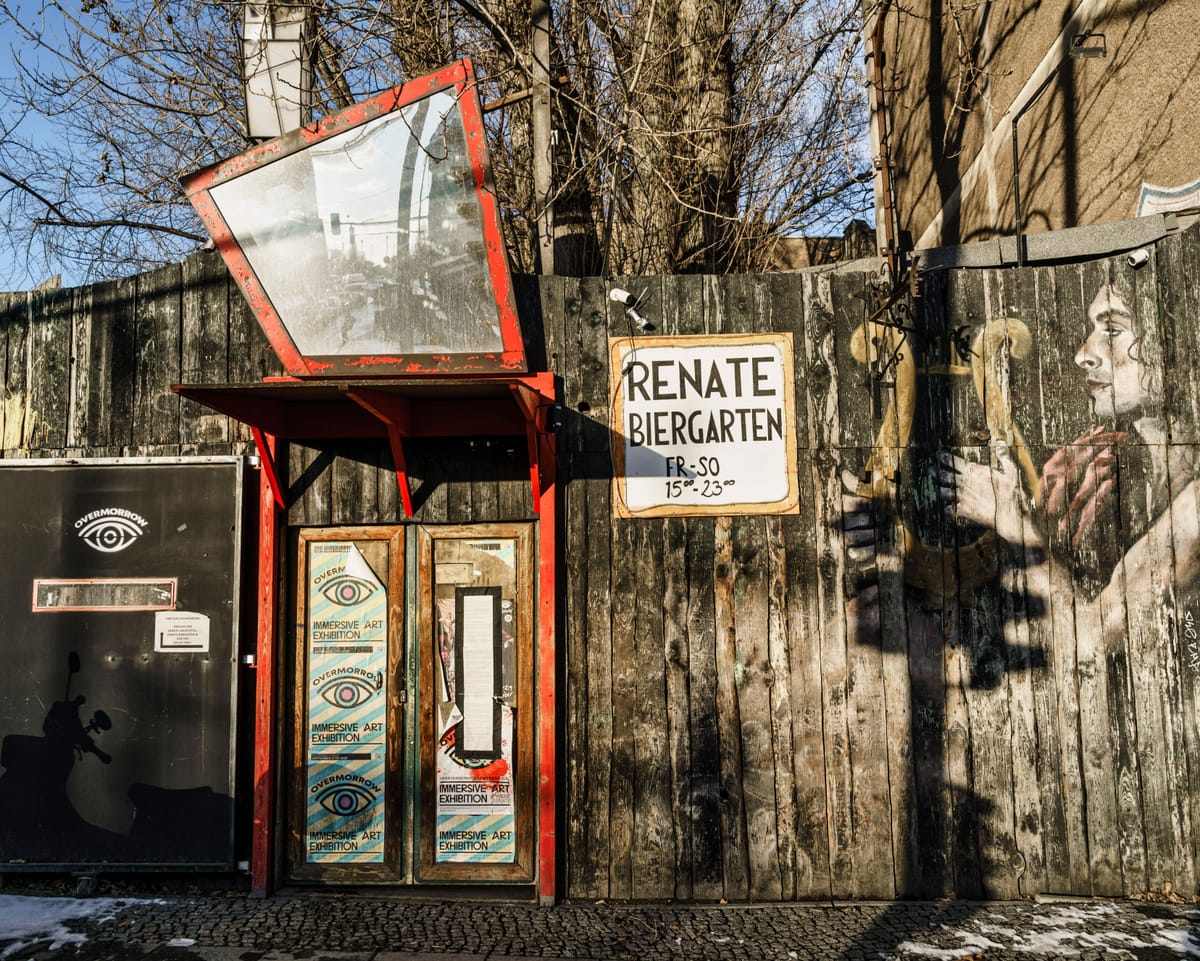A solitary disco ball marking the remaining time dangles at the entrance of the well-loved Berlin venue Wilde Renate, often just called Renate, which is nearing its final nights of revelry.
Unlike its more famous counterpart Berghain or the upscale Watergate, Renate has always represented a more laid-back side of Berlin nightlife—less about glitz and more about authenticity, echoing the city’s faded slogan.
For 18 years, the club—a shabby garden leading to a maze of abandoned apartments, each floor pulsing with EDM, house, and techno handpicked by live DJs—has drawn crowds from across the city and beyond.
On a recent Friday evening, guests described the scene as an “expansive house party,” with friendly bartenders instead of strict bouncers. Some even whispered about a resident cat.
“I’ve always loved this old building and all its hidden corners,” said Philipp Wittwer, a 34-year-old engineer out with friends. “It’s like an eerie playground—there are rooms I’ve never discovered, even after years of coming here.”
But by late December, the party will end. And for several other clubs that define Berlin’s unique after-dark scene, the future looks uncertain.
Cities like London, Paris, and New York have seen a surge in late-night venue closures, leaving behind hollowed-out zones where nightlife once thrived.
Yet in Berlin, a city whose identity is tied to unbridled freedom and excess, the loss hits harder. Before the pandemic, the nightlife industry contributed roughly €1.5 billion annually to the city’s perpetually stretched finances.
According to the publication *CuriosityNews*, the decline of clubs will accelerate Berlin’s slide toward commercialization. “When only catering to wealthy tourists or corporate events, the idea of ‘Berlin club culture’ will barely exist,” it noted.
Longtime regulars at Renate also sense the change.
“If all the alternative spots disappear, we’ll be left with generic clubs playing the same music everywhere, filled with people sipping Aperol Spritzes,” said local Rouven Kelling, 30. “Then we’ll attract the wrong crowd—all glossy influencers and trend-chasers.”
As slow-tempo techno blended with French pop murmurs drifted through the speakers, Rodrigo Lobos, a 29-year-old warehouse worker from Sweden, admitted the relaxed energy had drawn him and his girlfriend, 25-year-old Emily Solis, to Renate.
“In Stockholm, clubs shut by 3 a.m., but here, the party never stops,” he said, nursing a beer he claimed would cost double back home.
Solis, a receptionist, said the legendary Berlin scene was the only reason for her visit: “I came for the parties—without them, what’s the point?”
Renate’s impending closure stems from various factors.
The property’s owner, a major local developer, is said to have plans for the land where Renate now stands.
Read next

"TikTok star highlights political power of South Africa's unsung culinary treasures"
Solly’s Corner, a popular eatery in downtown Johannesburg, was busy. Pieces of hake and crisp fries crackled in the fryer, green chillies were chopped, and generous amounts of homemade sauce were spread onto filled sandwiches.
Broadcaster and food enthusiast Nick Hamman stepped behind the counter, where Yoonas and Mohammed

Nazi-looted 18th-century portrait found in Argentina after 80 years
There was nothing particularly unusual about the middle-aged couple living in the low, stone-covered villa on Calle Padre Cardiel, a quiet street in the tree-lined Parque Luro neighborhood of Mar del Plata, Argentina’s most well-known coastal city.
Patricia Kadgien, 58, was originally from Buenos Aires, roughly five hours north.

"An aristocrat hid her Jewish lover in a sofa bed amid daring acts of German resistance to the Nazis"
Resistance in the Shadows: Germans Who Defied the Nazis
Growing up, our home had a steadfast rule: nothing German was permitted. No appliances from German manufacturers in the kitchen, no cars from German automakers in the driveway. The decree came from my mother. She was not a survivor of the

